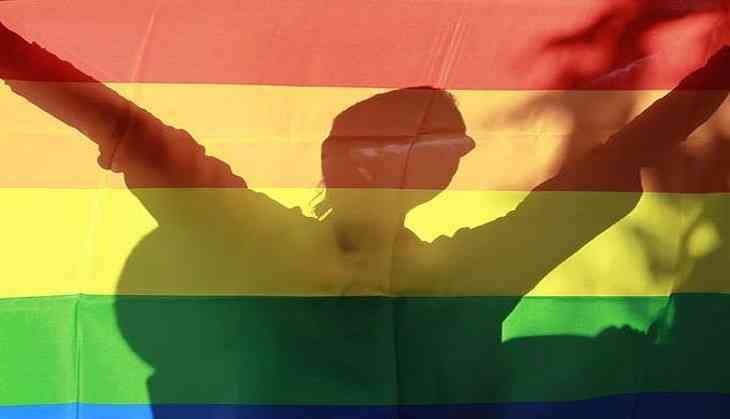
At a time, when the entire world is celebrating LGBT Pride Month in support of Lesbian, Gay, Bisexual and Transgender people, the diplomatic missions of all countries in India's capital have reaffirmed their' strong commitment to promote the universality of human rights and to ensure that everyone, regardless of their gender identity or sexual orientation enjoys these rights without discrimination.
Events in New Delhi included the lighting of embassies in the iconic colors of the LGBTI rainbow flag, hoisting the rainbow flag on the embassies' flagpoles, LGBTI film screenings, lectures, social media campaigns using the hashtags #MyCountry4Equality or #ForeignMissionsPride and other functions.
Every year around June, the countries organize, or participate in events to celebrate the diversity of our citizens, reduce discrimination and misinformation about the LGBTI community.
Marches, lectures and events were held in many countries in the month of June, often called " Pride Month," in honor of the Stonewall Riots that are considered as the start of the LGBTI movement in the United States. Events are as diverse as the countries and communities that host them. Each country celebrates diversity in its own way and at various times throughout the year.
LGBTI Pride celebrations in June were held in over 120 cities around the world.Pride celebrations typically include parades, marches, film festivals, speeches, dances, picnics, and countless other social events.
The background:
In 1791, France becomes the first West European country to decriminalize homosexual acts between consenting adults, followed by the Netherlands in 1811, Brazil in 1830, Portugal in 1852, the Ottoman Empire in 1858, Guatemala and Mexico in 1867, Japan in 1880 and more than a hundred countries in the 20th century.
In 1867, Karl Heinrich Ulrichs becomes the first self-proclaimed homosexual to speak out publicly for homosexual rights when he pleads at the Congress of German Jurists in Munich for a resolution urging the repeal of anti-homosexual laws.
After the Second World War, the rate of countries decriminalizing homosexual acts between consenting adults grows, organizations defending LBGTI rights are created, and publications on the subject grow.
1970, the first Pride march is organized in the U.S., later followed in different forms by many countries on all continents. In 1972 "Parents, Families and Friends of Lesbians and Gays" is founded in the U.S., becoming one of the first large-scale organizations of straight people defending LBGTI rights.
-ANI


